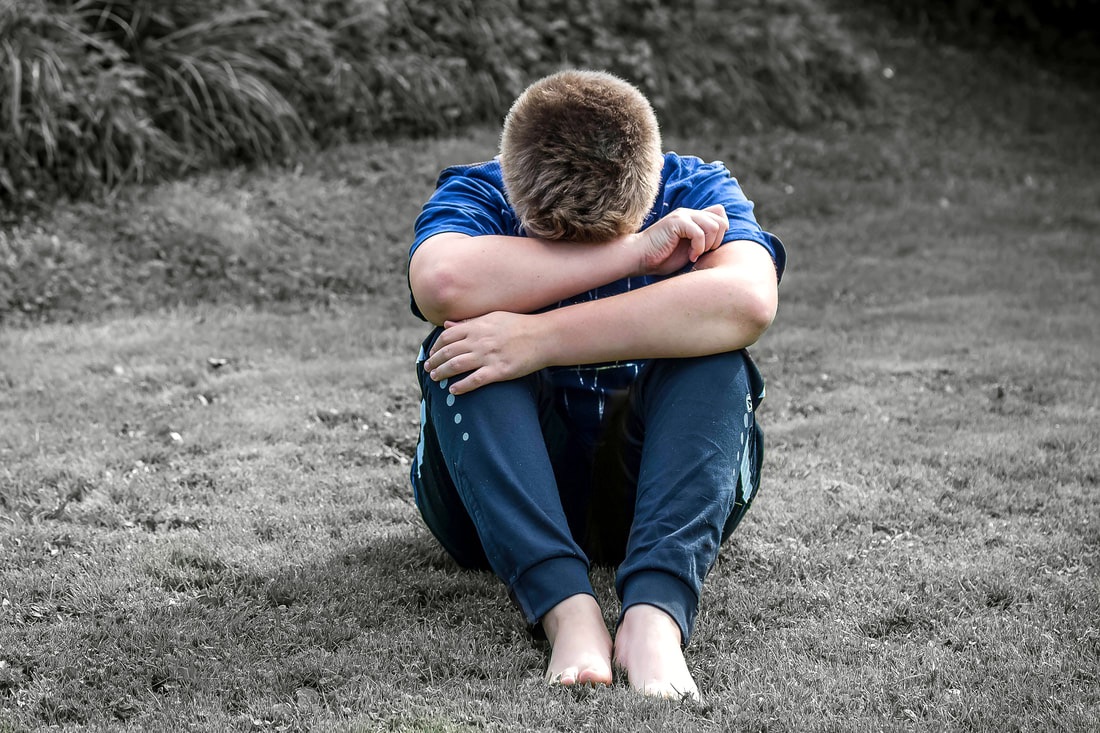 I know firsthand the heartache that comes with having a teenager who struggles with eating disorders and other self-harming behaviour. Helplessness combines with guilt and even shame. I was fortunate to discover how to be happy despite our circumstances, and learned that not only could I be happy, but by being happy I was helping my child. That’s why I must debunk the myth that we can only be as happy as our least happy child. This unfortunate concept condemns parents of unhappy children to life sentences of misery. It doesn’t have to be this way and what’s more, the unhappiness parents suffer contributes to the ongoing misery of their children... Here are a few reasons why being a happy parent actually helps a child:
When I first sought help for my daughter I was quickly informed by the therapist that I am the only person that I can help. My daughter would have to be ready and willing to work on herself in order for her to recover. I was assured, however, that by working on myself I would be helping her considerably. I was skeptical, but am now convinced that the best thing any parent of a troubled child can do is make sure that they are the most peaceful, happiest version of themselves that it is possible to be. Perhaps the thought of doing something for yourself or even attempting to be happy when your child is on the verge of complete disaster induces guilt? You may be thinking, as I did, that it isn’t possible to be happy when the child you adore is behaving in ways that you cannot fathom and which shock you to the core, but I have come to believe that it is imperative to try. For one thing, it will improve your health, both mentally and physically. Surprisingly, the years during which my daughter was battling eating disorders, smoking, drinking and other risky behaviours, were amongst my happiest to date. I gave myself permission to exercise, went to therapy, took time for myself and developed all my hobbies. I had been a workaholic while my kids were growing up and we had taken very little time to have fun as a family. This may have inadvertently contributed to our daughter’s problems in the first place. When we weren’t working we were doing chores. My daughter was so relieved when I finally stopped being dragged down by her – we were able to release our co-dependencies and she began to improve even before she chose to do her own work with the same therapist because of the results she had seen in me. The particular therapy that I used, and which was so successful for our family, involved finding and challenging the negative beliefs that I had developed in my childhood. These negative beliefs were acting as barriers to the unconditional love I thought I was giving to my daughter. The negative beliefs that she carried were acting as barriers to her receiving the love that was being offered. Removing these barriers allowed us to rebuild our relationship. It may be difficult to comprehend, but I was able to reach a place of gratitude to my daughter for having the problems that she did, because it prompted me, out of necessity, to discover how to be happy, and provided a way for us to renew our strong, loving bond that had been severely tested. She gained tremendous resilience as a result of her journey as well. As the Baal Shem Tov said: “There is a way that everything can be turned into good." Anne Andrew, PhD
0 Comments
Leave a Reply. |
Author I know firsthand the emotional and financial costs of having a troubled teenager and I don’t want that to happen to you. That's why I wrote my book What They Don't Teach in Prenatal Class: The Key to Raising Trouble-Free Kids and Teens (available on Amazon). Archives
April 2022
Categories
All
|
get in touch
Email: [email protected] Tel: (1) 604 720 2776
Sign Up to my newsletter
Get information and articles about how to raise happy, mentally-healthy, and addiction-free kids!

 RSS Feed
RSS Feed